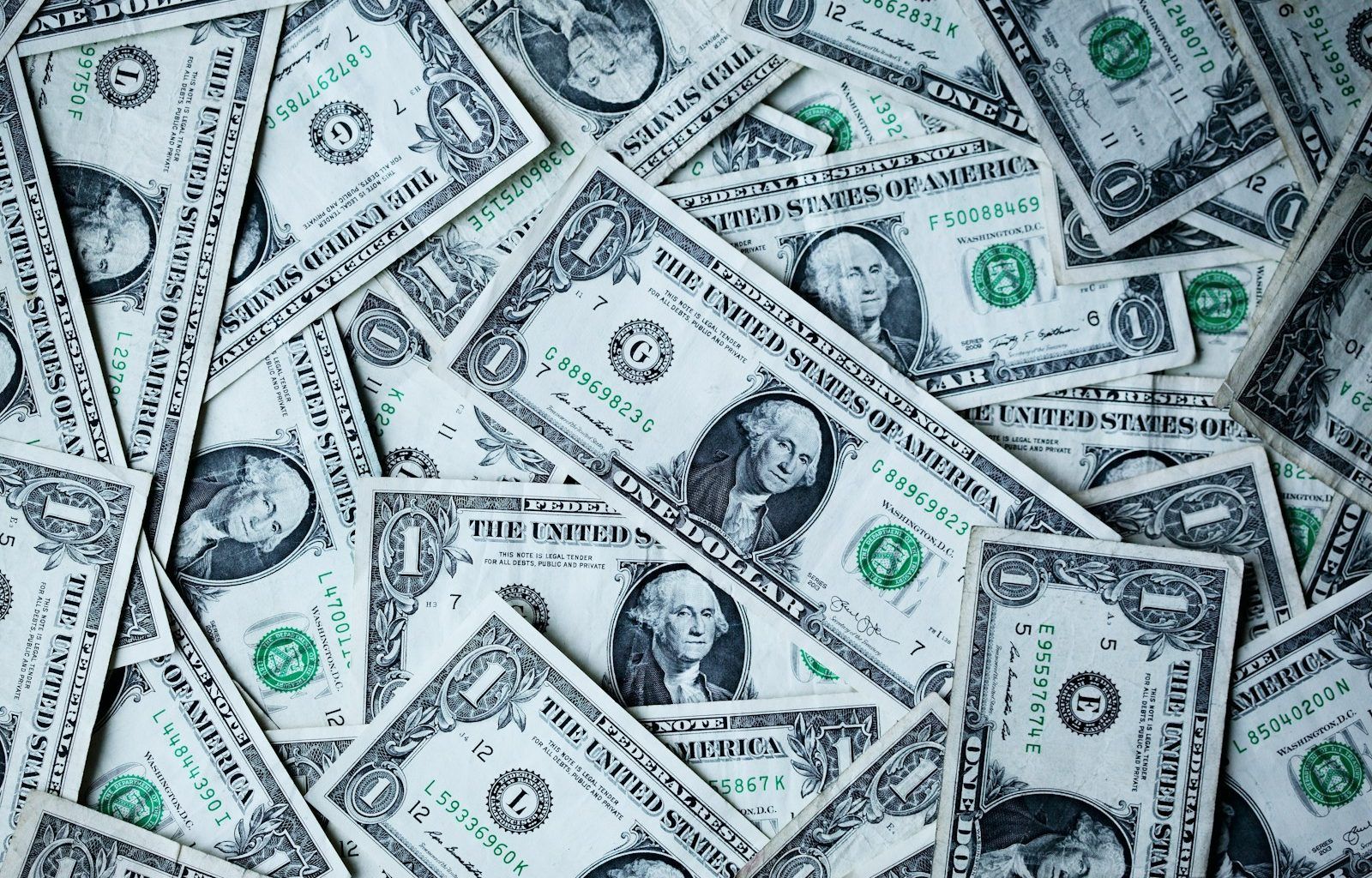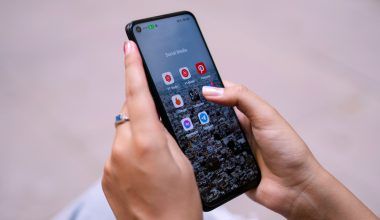Understanding “Royalty Song”
If you’ve ever wondered how your favorite artists earn money from their songs, it’s because of something called a royalty song. Sounds complicated? Don’t worry—it’s not! A Royalty Song Meaning a song that earns money (called royalties) whenever it’s played, used, or sold. These payments help artists, songwriters, and musicians get rewarded for their hard work. Let’s break it all down so it’s easy to understand.
What Are Royalties in Music?
Think of a royalty as a payment made to someone whenever their work is used. For songs, royalties are paid to creators like:
- Songwriters.
- Singers.
- Music producers.
For example, when you listen to a song on Spotify, a small amount of money goes to the people who made it. This is called a music royalty. It’s like a “thank you” for letting us enjoy their creation.
Why Do Artists Need Royalties?
Creating music takes time, effort, and money. From writing lyrics to recording in a studio, artists put their heart into their songs. Royalties are important because they:
- Support Artists: Artists earn money to keep creating.
- Show Respect: It’s a way of acknowledging their talent.
- Prevent Misuse: The system ensures people don’t use music without paying.
How Does a Song Earn Royalties?
Now, let’s see how a royalty song earns money:
- Public Use: When a song is played on the radio, in a mall, or at a concert.
- Streaming: Every time someone streams the song on platforms like Spotify or Apple Music.
- Sales: When the song is bought as a CD, vinyl, or digital download.
- Syncing: When the song is used in movies, ads, or YouTube videos.
Different Types of Royalties
There are several ways artists earn royalties. Here’s a simple explanation:
1. Performance Royalties
Artists earn this when their music is played publicly. For example:
- On the radio.
- At a restaurant or mall.
- During live concerts.
2. Mechanical Royalties
This royalty is earned when songs are sold or streamed. For instance:
- Buying a song on iTunes.
- Streaming on platforms like Spotify.
3. Sync Royalties
These are paid when songs are used in movies, commercials, or TV shows. Imagine hearing your favorite song in a movie—that’s a sync royalty!
4. Print Royalties
When sheet music or lyrics are sold, the creators earn print royalties.
Why Does It Matter?
Royalties are the backbone of the music industry. They ensure that creators get paid fairly. Without royalties:
- Artists wouldn’t earn enough to create new music.
- Companies might use music without permission.
- The quality of music could decline because artists wouldn’t be motivated to create.
How Are Royalties Paid?
Here’s a simple breakdown of how royalties get to the artist:
- Usage Tracking: Every time a song is played, rights organizations like ASCAP or BMI track it.
- Money Collection: These organizations collect money from businesses like radio stations, YouTube, and streaming platforms.
- Payment to Creators: Finally, the money is divided and sent to the songwriters, singers, and other contributors.
How Much Do Artists Earn in Royalties?
The amount depends on many factors, like:
- How often the song is played.
- Where it’s used (radio, streaming, etc.).
- The agreed royalty rate.
For example, Spotify pays around ₹0.20 to ₹0.40 per stream. It might seem small, but imagine millions of people streaming the same song. It adds up quickly!
Challenges in Earning Royalties
While royalties are great, there are some challenges:
- Unpaid Royalties: Sometimes, artists miss out because their information isn’t registered correctly.
- Piracy: Illegal downloads mean artists lose potential earnings.
- Complicated Systems: Different platforms have different payment rules, making it tough to track everything.
How You Can Help Artists Earn Royalties
As a music fan, you play an important role. Here’s how you can support:
- Stream Songs Legally: Use platforms like Spotify or Apple Music.
- Buy Music: Purchase albums or songs directly from artists.
- Avoid Piracy: Say no to downloading music illegally.
Tools That Help Artists Collect Royalties
Independent artists often struggle to collect all the royalties they deserve. That’s where platforms like Deliver My Tune come in. Here’s how they help:
- Royalty Tracking: They track where the song is played and ensure payments reach the artist.
- Global Distribution: Artists can distribute their music to 100+ platforms like YouTube, Spotify, and Amazon.
- Transparent Reporting: Artists can see exactly how much they’ve earned.
With services like AI Mastering and Social Media Management, Deliver My Tune makes it easier for artists to focus on creating music.
Fun Fact: The Journey of a Song Royalty
Did you know it takes a team to bring a song royalty to life? From rights organizations to streaming platforms, everyone plays a part. It’s a team effort to ensure the money reaches the right people.
FAQs: All About Royalty Songs
1. What is a Royalty Song Meaning?
It’s a song that earns money (royalties) whenever it’s played, sold, or used in media.
2. Who Gets the Royalty?
People involved in creating the song—songwriters, singers, and sometimes music producers.
3. How Can Independent Artists Earn Royalties?
Platforms like Deliver My Tune make it easy for indie artists to collect royalties by distributing their music globally.
4. Are Streaming Royalties Different from Radio Royalties?
Yes! Streaming royalties come from platforms like Spotify, while radio royalties are earned from airplay.
Final Thoughts: Why We Should Care About Royalties
Royalties are more than just payments—they’re a way of honoring the creativity and hard work of artists. Without royalties, the music industry wouldn’t be able to thrive. The next time you stream a song or hear it in a commercial, remember that a small payment is going to the talented people who created it. That’s the magic of a Royalty Song Meaning.
For further reading, explore these related articles:
- Ultimate Guide to Free Music Distribution Platforms for Independent Artists in 2024
- The Ultimate Guide to the Best Music Distribution for Independent Artists
For additional resources on music marketing and distribution, visit Deliver My Tune.






